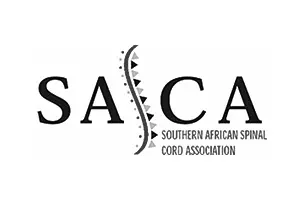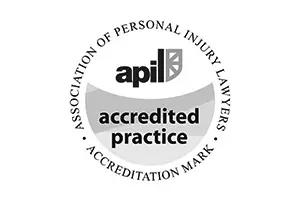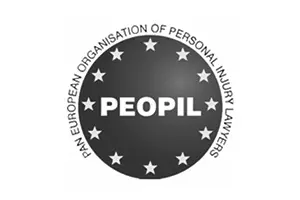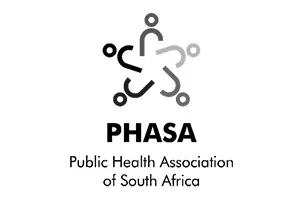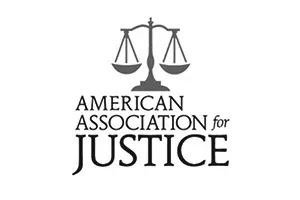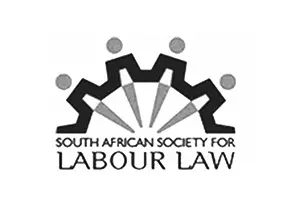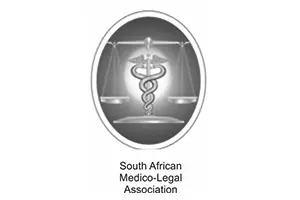
Who owns your patient record in South Africa?
WHO OWNS PATIENT RECORDS IN SOUTH AFRICA?
A patient’s medical records contain highly sensitive, personal and confidential information, which include but are not limited to present, past, social and surgical medical history. In terms of the Promotion of Access to Information Act (PAIA), 2000 everyone has the right of access (request access) to records which includes access to their healthcare/medical records. Patients have rights to the information as contained in their medical records; with the proviso, they do not own their medical records as they belong to the establishment that created them. The exception, however, is where a patient pays for a copy of his/her medical records.
PATIENTS RIGHTS TO MANAGE AND SHARE THEIR RECORDS ONLINE / ELECTRONIC HEALTH RECORDS
Patient medical records used to be (and still are in a developing country such as South Africa) a paper collection of records. However, with the advent of Electronic Health Records (EHR) and access to medical records there has been an increasing demand from patients to access their medical records electronically and as such the electronic storage of medical records of patients has been a relatively new development in South Africa.
EHR is defined as a “Longitudinal collection of personal health information of a single individual, entered or accepted by health care providers and stored electronically” and where “Access to the record must be authorized by the provider and patient”.
The purpose of EHR is to provide “Patients with better access to their own healthcare data and enable them to be stewards of their own information”. With the increased access to records, the records become beneficial to the patients’ health outcome and provide patients with a fuller understanding in order to enable them to take the next step in better managing their own health.
This development however new and despite the increasing demand to electronically access medical records is not without questions and access barriers. In a developing country such as South Africa, patients may not be able to access their electronic medical records due to socio-economic and educational and computer literacy challenges. Patients with limited computer literacy or lack of Internet access tend to access their medical records less frequently. Furthermore, the issue of privacy of the medical records is also a concern amongst the patients and the providers. A further concern in my view is that of request to access in terms of the PAIA vs the new development- patient’s right to access electronic medical records.
In terms of PAIA, a request has to be made in writing where after a response is anticipated. This gives the relevant body an opportunity to determine whether or not to grant the person access to their records. The only ground for refusing a patient / a person access to their medical records is if disclosure of their records “might cause serious harm to his/her physical or mental health or well-being”.
PAIA makes it clear that a decision has to be made first before access to records can be granted yet a movement has been introduced where patients will have the right to view their medical records online which could be detrimental to their physical and mental well-being.
Although patients have demonstrated an interest in accessing their medical records online, questions of privacy, usability, actual accessibility and costs will likely remain important questions. The movement towards providing patients with online access to their medical records is not without challenges in a developing country such as South Africa.
#MLBSouthAfrica #hcsm #hcsmSA #MedicalLaw #eHealth
The current position on objections to the con/arb process
Con/arb process - The Commission for Conciliation, Mediation[...]
Out of time? Think again – The CCMA and its rules
By Lara Keil (Candidate Legal Practitioner) under the[...]
RAF’s lodgement requirements: Claimants further prejudiced
By Lara Keil (Candidate Legal Practitioner) under[...]









